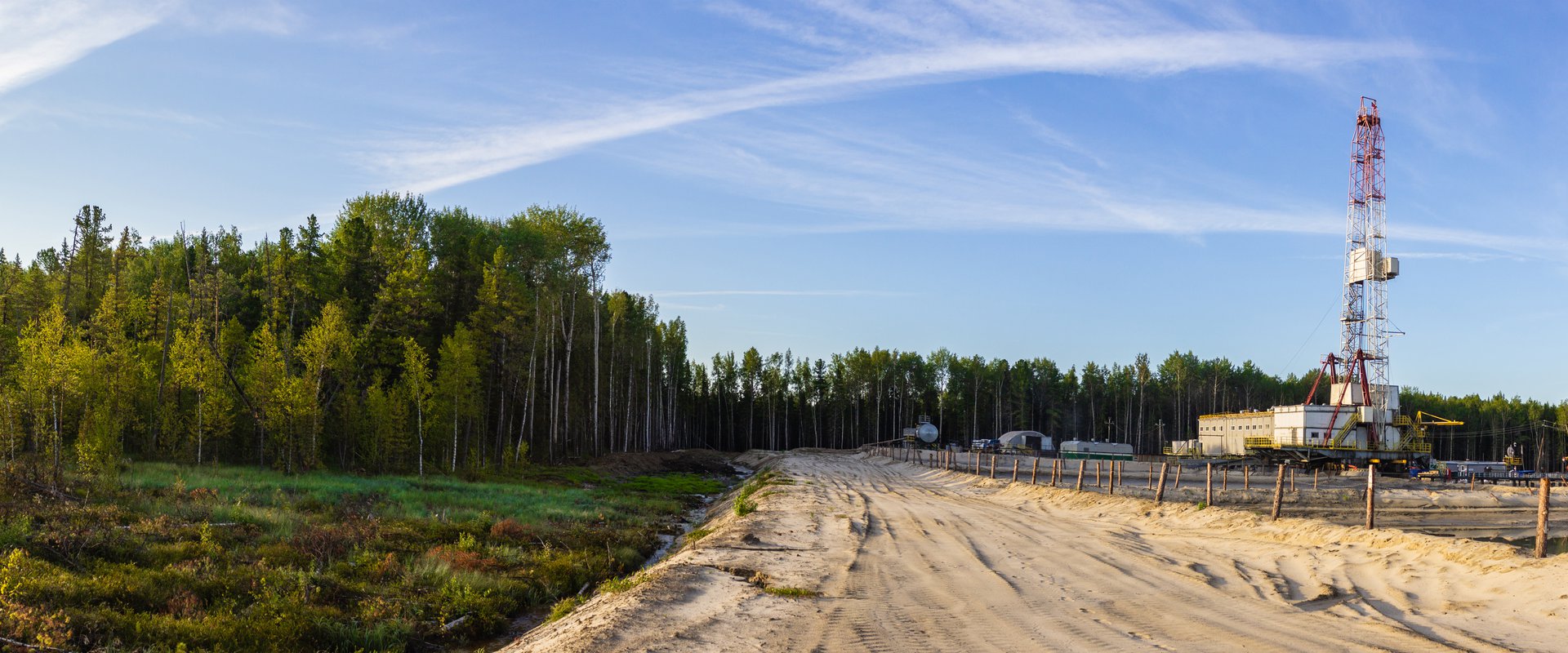Controversies over hydraulic fracturing in France, Germany and Poland. A comparative analysis of the role of ecological justifications and civic epistemologies in current risk conflicts
This project investigates current conflicts on the use of hydraulic fracturing (fracking) in France, Germany, and Poland from a comparative perspective.

Project Overview
Project Start
01.06.2017
End of Project
31.03.2021, extended
Project Management Agency
DFG (Deutsche Forschungsgemeinschaft)
Project Manager
Participating Researchers of the Universit Augsburg
Claudia Foltyn
Matthias Klaes
Simone Lackerbauer
Assistant
Valerio Pennica
Project description
Description du projet - version française
Opis projektu - wersja polska
Fracking is subject to public controversies in all three countries of research; the conflicts share similar constellations of arguments, interpretative patterns, narratives, as well as expertise and counter-expertise.
Nevertheless, country-specific differences with regards to the interaction with hydraulic fracturing can be observed: while a moratorium concerning the use of fracking exists in France, the impact of the technique for Germany still seems unclear. In contrast, Poland has and still is supporting the further exploration of the fracking method for the benefit of commercially using potential shale gas resources.
Against this background, the core focus of this project is the question how we can understand and explain said national differences in the position towards hydraulic fracturing, despite similar conflict constellations.
From a sociology of knowledge approach to discourse (SKAD) (Keller 2011) perspective, the investigation focalises the respective processes of societal valuation and assessment of risk scenarios within the three targeted countries.
Per theoretical-conceptual expansion and precision of the sociological research on risks, this project is interested in the role of ecological orders of justification and evaluation (Lafaye/Thévenot 1993); in the trajectories of the conflicts observed (Chateauraynaud 2009); and in how they are embedded in more general societal evaluation contexts (civic epistemologies) (Jasanoff 2005) which orient the forms and processes of risk assessment within the controversies.
From this starting point, we examine the actors, arenas, and trajectories of the controversies on fracking at the nation-state level and comparatively analyse them for their dimensions and conflict developments. Two supplemental case studies per country of research will be conducted, where the conflicts regarding hydraulic fracturing are observable at specific locations. The analysis of central documents (media coverage, expert reports, statements etc.) forms the empirical basis, to be complemented by guided interviews with key actors in the respective and country-specific fracking debates.
Ultimately, the goal of the investigation is to contribute to the differentiated scientific and societal understanding of contemporary conflict dynamics under the conditions of transformative energy policy.
Announcements
Tendering for topics for final papers [05.02.2018]
Start of DFG Project on Hydraulic Fracturing [16.10.2017]
Press Release of the University [19.06.2017]
Press
Conferences Attended
- Fourth Energy and Society Conference: Energy transitions in a divided world - Midterm conference of the European Sociological Association Research Network 12 Environment and Society, 3. – 5. September 2018, University of Exeter, UK, Title: Comparing Energy Discourses – The controversies on hydraulic fracturing and shale gas in Germany and Poland, Presenter: Claudia Foltyn
- „Fracking Europe. Multidisciplinary perspectives on a checkered technology“, 08.-09. November 2018, Wissenschaftszentrum Umwelt (Innocube), University of Augsburg, Title: Politics of knowledge in controversies over hydraulic fracturing in France, Germany and Poland, Presenter: Simone I. Lackerbauer and Claudia Foltyn. Organization of the Workshop by Matthias Klaes, Prof. Dr. Reiner Keller and Dr. Roberto Cantoni
- Ignorance and non-knowledge: what consequences for democratic governance, politics and policy? 13. – 14. november 2018, Universität Wien, Title: The Polish shale gas discourse as an example of dealing with specified ignorance?, Presenter: Claudia Foltyn
- Die diskursive Konstruktion von Wirklichkeit IV. Interdisziplinäre Perspektiven einer wissenssoziologischen Diskursforschung, 21. – 22. March 2019, Universität Augsburg, Title: Umkämpftes Wissen. Zur Analyse von Wissenspolitiken in den Debatten um Fracking in Frankreich, Deutschland und Polen, Presenter: Matthias Klaes, Simone I. Lackerbauer, Claudia Foltyn
- DNC3-ALED 2019 : Knowledge and Power in a Polycentric World: Discourses across languages, cultures and space, 11. – 14. September 2019, Paris Seine, Université Cergy-Pontoise, Title: Comparing Energy Discourses – The controversies on hydraulic fracturing and shale gas in Germany, France and Poland, Presenter: Simone I. Lackerbauer
- 16. Tagung der Nachwuchsgruppe Umweltsoziologie, 30. September - 01. October 2019, Helmholtz-Zentrum für Umweltforschung UFZ, Title: Zur vergleichenden Analyse von Wissenspolitiken im Rahmen öffentlicher Debatten um Hydraulic Fracturing in Deutschland, Frankreich und Polen, Presenter: Claudia Foltyn
Link to the Homepage of the Chair of Sociology

